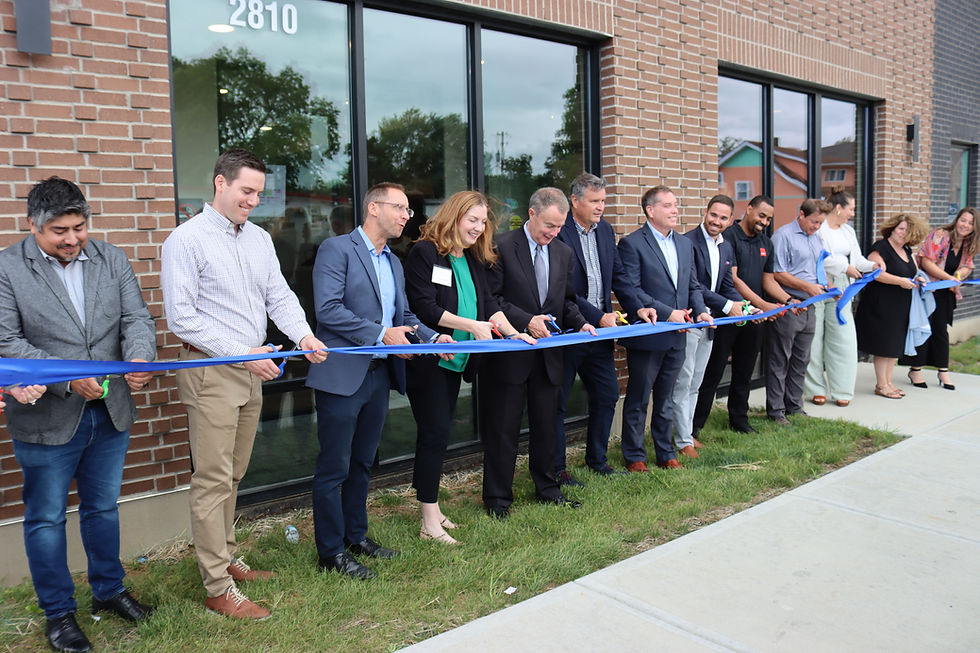Not All Tax Credits Are Created Equal; Protect the Housing Credit
- CREA
- Apr 9, 2013
- 3 min read
Updated: Nov 1, 2022
By: Jeffrey Whiting & Ali Solis
As members of both parties in the House and Senate as well as the President look to comprehensive tax reform as a way to reduce the deficit in the long term and increase our economic stability, it’s important to note that not all tax credits are created equal. Undoubtedly, some should stay, but, which ones?
To help inform the decisions, The House Ways and Means Committee created eleven Tax Reform Working Groups, which are examining portions of the tax code and soliciting public comments through April 15. Soon after, the results of the review and comment period will be shared with the full committee in a report by the Joint Committee on Taxation.
The Real Estate Tax Reform Working Group, chaired by Representative Sam Johnson (R-Texas) and Bill Pascrell (D-N.J.), should keep in mind the need to protect the Low Income Housing Tax Credit (the Housing Credit).
America’s main tool for creating affordable housing, the Housing Credit creates quality affordable housing for working families and our most vulnerable populations: people with special needs, the elderly, veterans and the homeless, to name a few.
Since President Reagan signed it into law in 1986, the Housing Credit has been incredibly successful, financing more than 2.6 million affordable apartments nationwide and supporting approximately 95,000 jobs each year, mostly in the small business sector.
A home is the foundation of individual opportunity. Without one, it’s nearly impossible to excel in school, maintain a job, stay healthy or devote oneself to acquiring new skills. For America’s economy to grow stronger, we need to make sure that everyone has a home that he or she can afford. We must create communities of opportunity, connecting housing to world-class education, transportation, healthcare, and jobs. The Housing Credit empowers states to do just that.
It represents the best of what the government, working with the private sector to accomplish goals set by the Congress and President, can do to help revitalize distressed neighborhoods and support mixed-income communities in high-cost areas, leveraging nearly $100 billion in private capital over the past quarter century—which is why it has always enjoyed bipartisan support.
There is unique value in the Housing Credit being included in the tax code because of the high degree of accountability built into it. Investors can claim credits only after properties are built and occupied by income-eligible residents at affordable rents. And, if properties fall out of compliance, we taxpayers get our money back. Unlike in a direct spending program, private investors – not the federal government – provide all the equity up front and bear the financial risk.
The Housing Credit is made even more efficient by state administration, which reduces federal costs substantially and ensures developments serve the specific needs of local communities.
If tax reform leads to the reduction or elimination of the Housing Credit, we will face a severe loss of affordable units, leading to fewer jobs, less revenue and a deepening affordable housing crisis, hitting many already struggling families and communities across the country the hardest.
Ending the housing crisis and reducing the national debt over the long term require innovative new solutions – not eliminating proven community development tools that stimulate our economy, foster the foundation of opportunity, and generate huge social and economic returns on our public-private investment.
Ali Solis is Senior Vice President and Public Policy & Corporate Affairs Executive at Enterprise Community Partners.



